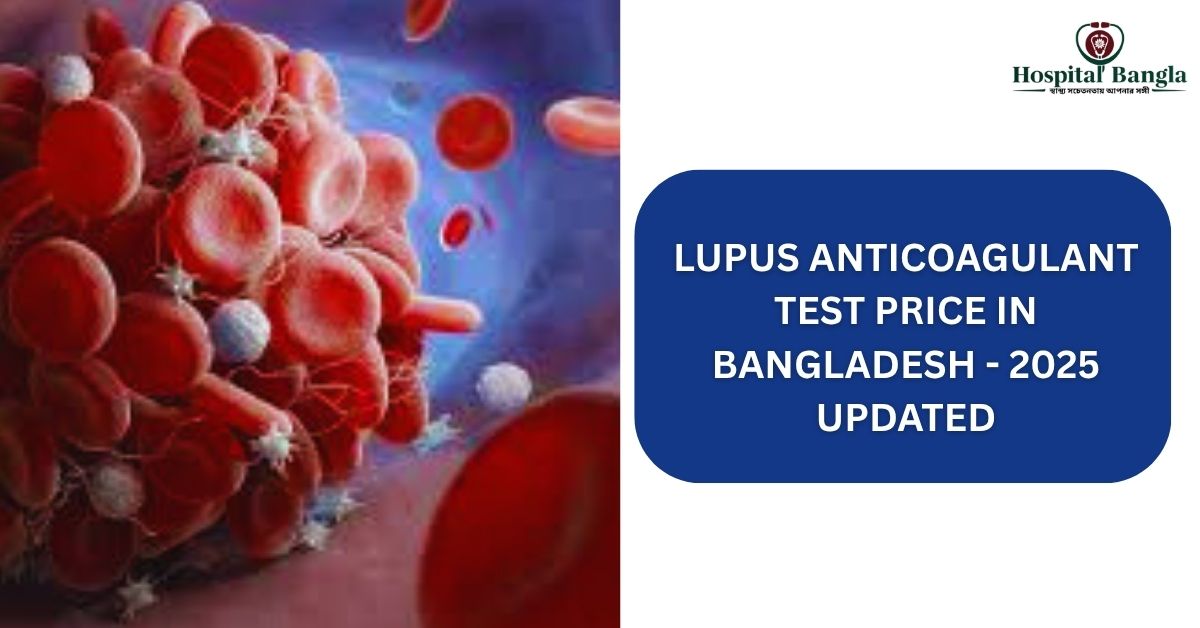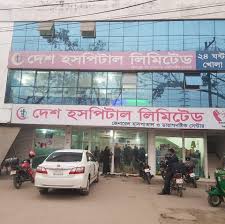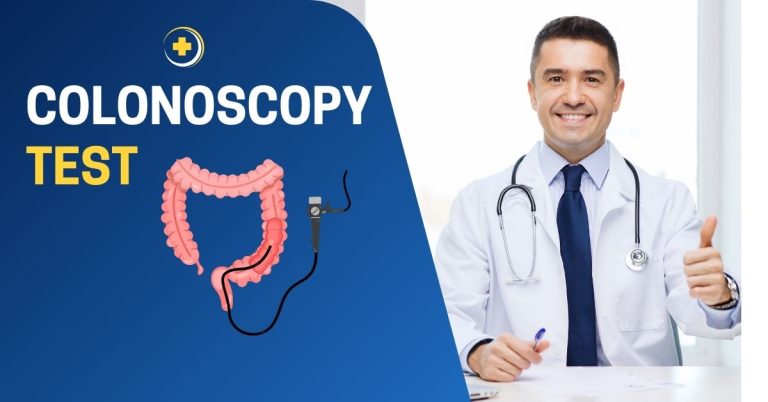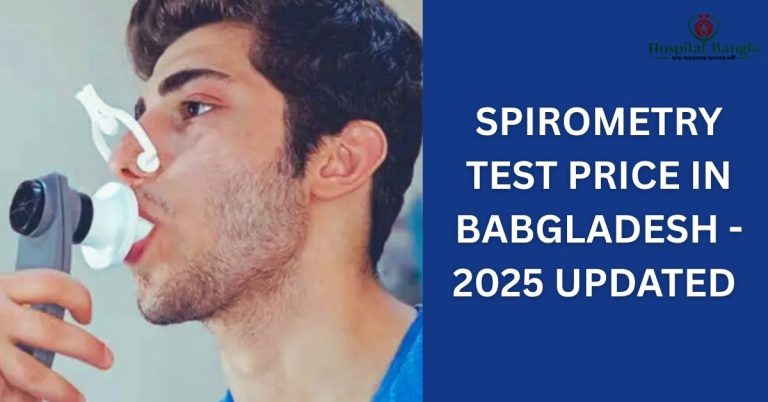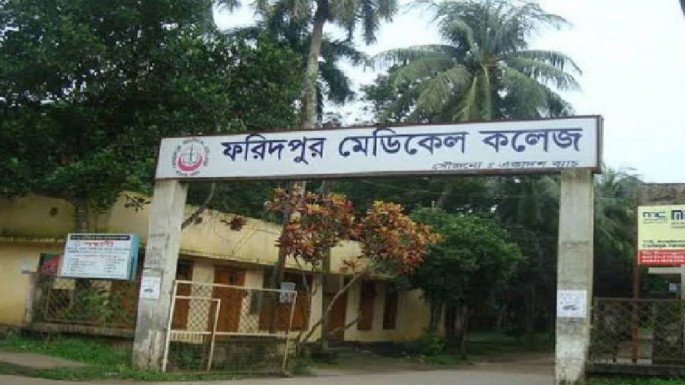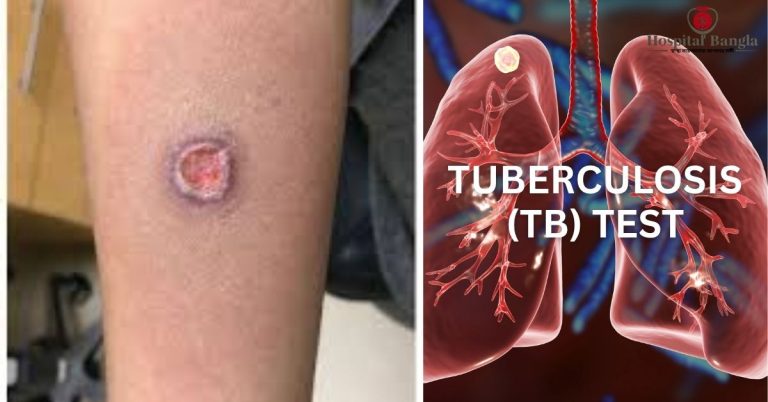Lupus Anticoagulant Test Price in Bangladesh : (2025 Updated)
The Lupus Anticoagulant Test is a vital blood test used to detect lupus anticoagulant antibodies, which are linked to an increased risk of blood clots and conditions like antiphospholipid syndrome. This test is essential for individuals experiencing unexplained blood clots, recurrent miscarriages, or other clotting-related issues. In Bangladesh, the Lupus Anticoagulant Test price in Bangladesh typically ranges from 5000 to 6000 BDT, depending on the hospital or diagnostic center. This article provides a detailed overview of the test, including its purpose, preparation, pricing at government and private hospitals, result interpretation, and answers to common questions, helping you make informed healthcare decisions.
What is a Lupus Anticoagulant Test?
The Lupus Anticoagulant Test (লুপাস অ্যান্টিকোয়াগুল্যান্ট টেস্ট) is a specialized blood test that identifies lupus anticoagulant antibodies, a type of antiphospholipid antibody. These antibodies target phospholipids, essential components of cell membranes involved in blood clotting. Despite its name, the test does not diagnose lupus (systemic lupus erythematosus) but is used to detect conditions that increase clotting risks, such as antiphospholipid syndrome. The test is significant because it helps identify the cause of abnormal clotting, which can lead to serious complications like strokes, heart attacks, or pregnancy loss.
- What It Measures: The test detects lupus anticoagulant antibodies through a series of clotting tests, including activated partial thromboplastin time (aPTT) and dilute Russell’s viper venom time (dRVVT).
- Clinical Significance: A positive result may indicate antiphospholipid syndrome or other clotting disorders, guiding doctors in prescribing treatments like anticoagulants.
- Alternative Names: Lupus Inhibitor, Lupus Anticoagulant Panel, LA Sensitive PTT, Dilute Russell Viper Venom Test (dRVVT), Modified Russell Viper Venom Test (MRVVT).
- Conditions Diagnosed: Antiphospholipid syndrome, unexplained thrombosis, recurrent miscarriages, or prolonged aPTT without clear cause.
When is a Lupus Anticoagulant Test Recommended?
The Lupus Anticoagulant Test is recommended for individuals with specific symptoms or conditions that suggest a clotting disorder. Doctors use the results to diagnose or rule out antiphospholipid syndrome and assess the risk of thrombotic events. The test is primarily used for diagnosis but may also be used for monitoring in patients with known clotting disorders.
- Symptoms and Conditions:
- Unexplained blood clots in veins or arteries (e.g., deep vein thrombosis or pulmonary embolism).
- Recurrent miscarriages or pregnancy complications, such as preeclampsia or fetal loss.
- Prolonged aPTT in routine blood tests without an obvious cause.
- Symptoms of antiphospholipid syndrome, such as livedo reticularis (a mottled skin rash).
- Autoimmune disorders like systemic lupus erythematosus (SLE), where lupus anticoagulants may be present.
- Diagnostic Use: A positive test, combined with clinical symptoms, helps confirm antiphospholipid syndrome. Repeat testing after 12 weeks is often required to verify persistent antibodies.
- Screening and Monitoring: The test is not typically used for routine screening but may be repeated to monitor patients with confirmed antiphospholipid syndrome or those on anticoagulant therapy.
Lupus Anticoagulant Test Preparation
Preparing for the Lupus Anticoagulant Test is straightforward, with minimal requirements:
- Fasting: No fasting is typically required, allowing you to eat and drink normally before the test.
- Medications: Inform your doctor about all medications, as some, like heparin or warfarin, can interfere with results. Your doctor may advise temporarily stopping certain anticoagulants.
- Sample Collection: The test involves a simple blood draw from a vein in your arm, taking only a few minutes. The blood sample is collected in a citrate tube to prevent clotting during testing.
- Test Duration: The blood draw itself takes 5–10 minutes, with results typically available within a few days, depending on the laboratory.
Lupus Anticoagulant Test Price List in Government Hospitals in Bangladesh
The following table lists the price of the Lupus Anticoagulant Test at government hospitals in Bangladesh, based on available data as of 2025:
| Hospital Name | Location | Lupus Anticoagulant Test Price (BDT) | Contact Number |
|---|---|---|---|
| Bangabandhu Sheikh Mujib Medical University (BSMMU) | Dhaka | 5000 | +880-2-55165760 |
| Dhaka Medical College Hospital | Dhaka | 5000* | +880-2-55165088 |
| Chittagong Medical College Hospital | Chittagong | 5000* | +880-31-619400 |
| Rajshahi Medical College Hospital | Rajshahi | 5000* | +880-721-772150 |
| Sylhet MAG Osmani Medical College Hospital | Sylhet | 5000* | +880-821-713487 |
| Sir Salimullah Medical College Hospital | Dhaka | 5000* | +880-2-7319123 |
| Mymensingh Medical College Hospital | Mymensingh | 5000* | +880-91-66063 |
Note: Prices marked with an asterisk are estimated based on the price at BSMMU, as specific pricing for these hospitals was not found in the provided data. Contact the hospitals directly to confirm current prices, as they may vary.
Lupus Anticoagulant Test Price List in Private Hospitals in Bangladesh
The following table lists the price of the Lupus Anticoagulant Test at private hospitals and diagnostic centers in Bangladesh, based on available data as of 2025:
| Hospital/Diagnostic Center | Location | Lupus Anticoagulant Test Price (BDT) | Contact Number |
|---|---|---|---|
| Popular Diagnostic Centre | Dhaka | 5000 | +880-9613787801 |
| Ibn Sina Diagnostic & Imaging Centre | Dhaka | 5500* | +880-2-9126625 |
| Square Hospitals Ltd. | Dhaka | 5500* | +880-2-8144400 |
| United Hospital Limited | Dhaka | 5500* | +880-2-8836000 |
| Apollo Hospitals Dhaka | Dhaka | 6000* | +880-2-55037242 |
| Labaid Specialized Hospital | Dhaka | 5500* | +880-2-9676356 |
| Evercare Hospital Dhaka | Dhaka | 6000* | +880-2-8431661 |
| BRB Hospitals Limited | Dhaka | 5500* | +880-2-9131537 |
| Diagnostic Centre Bangladesh | Chittagong | 5500* | +880-31-652963 |
| Medinova Medical Services | Dhaka | 5500* | +880-2-9111736 |
Note: Prices marked with an asterisk are estimated based on the price at Popular Diagnostic Centre and general pricing trends for private hospitals. Contact the facilities directly for the most accurate and up-to-date pricing, as costs may vary.
Understanding Lupus Anticoagulant Test Results
Interpreting the results of a Lupus Anticoagulant Test requires understanding the following:
- Normal Range: A negative result indicates no lupus anticoagulant antibodies were detected, suggesting a lower risk of clotting disorders related to these antibodies.
- Abnormal Results: A positive result indicates the presence of lupus anticoagulant antibodies, which may suggest antiphospholipid syndrome or an increased risk of blood clots. A strongly positive result (e.g., high aPTT or dRVVT ratios) is more significant.
- Factors Affecting Results: Medications like heparin, warfarin, or direct oral anticoagulants can interfere with test results, potentially causing false positives or negatives. Infections or other autoimmune conditions may also affect outcomes.
- When to Consult a Doctor: If your test is positive, consult a hematologist or rheumatologist for further evaluation. Additional tests, such as anticardiolipin or anti-beta-2-glycoprotein I antibody tests, may be recommended to confirm antiphospholipid syndrome.
Frequently Asked Questions
How accurate is the Lupus Anticoagulant Test?
The test is highly specific but may produce false positives due to medications or other factors. Repeat testing after 12 weeks is often required to confirm persistent antibodies, ensuring diagnostic accuracy.
How long does it take to get the test results?
Results are typically available within 2–5 days, depending on the laboratory’s processing time. Some facilities may offer faster turnaround for urgent cases.
Is the Lupus Anticoagulant Test covered by insurance?
Insurance coverage varies by provider. Many private insurance plans in Bangladesh may partially or fully cover diagnostic tests like this, but you should verify with your insurance company.
How often should the test be repeated?
If the initial test is positive, it is typically repeated after 12 weeks to confirm the persistence of antibodies, as required for diagnosing antiphospholipid syndrome. Your doctor will advise based on your condition.
What is the difference between the Lupus Anticoagulant Test and other antiphospholipid antibody tests?
The Lupus Anticoagulant Test specifically detects antibodies that prolong clotting times in vitro, while other tests, like anticardiolipin or anti-beta-2-glycoprotein I antibody tests, detect different antiphospholipid antibodies. All are used together to diagnose antiphospholipid syndrome.
Can medications affect the test results?
Yes, anticoagulants like heparin or warfarin can interfere with the test, potentially leading to inaccurate results. Always inform your doctor about your medications before testing.
Where can I get the test done in Bangladesh?
The test is available at major hospitals like BSMMU (PG Hospital) and Popular Diagnostic Centre in Dhaka. Check with local hospitals or diagnostic centers for availability in other cities.
Conclusion
The Lupus Anticoagulant Test is a critical tool for diagnosing conditions like antiphospholipid syndrome, which can lead to serious complications such as blood clots or pregnancy loss. In Bangladesh, the Lupus Anticoagulant Test price in Bangladesh ranges from 5000 to 6000 BDT, with government hospitals like BSMMU and private facilities like Popular Diagnostic Centre offering the test at competitive rates. Comparing prices across hospitals can help you find an affordable option, but always verify with the facility for the latest pricing. If you suspect you need this test, consult your doctor to discuss symptoms and determine the best course of action. For more information on medical test prices.

